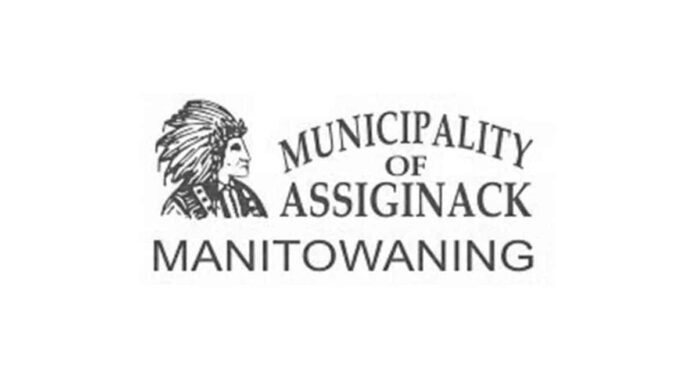News that the federal government is attempting to have the Canadian Human Rights Tribunal challenge over First Nation police funding adjourned is quite disheartening—given the great strides this current government has made in settling outstanding treaty inequities and dealing with historical injustices.
There is little doubt that the recent Supreme Court ruling in Quebec (Attorney General) v. Pekuakamiulnuatsh Takuhikan which found that Quebec has failed to uphold its “honour of the Crown” by not negotiating in good faith with Pekuakamiulnuatsh First Nation over a new funding agreement for the Indigenous community in Mashteuiatsh, Quebec leaves little doubt what the outcome off the Ontario case will be.
The decision to not enter into meaningful negotiations over police funding contracts with three Indigenous police forces including UCCM Anishnaabe Police Service, Treaty Three Police Service and the Anishinabek Police Service is a startling reversion to the paternal approach to dealing with First Nation issues. Instead of sitting down with the police services and determining what is truly needed in order to provide policing in the widespread communities which they serve, government bureaucrats simply handed a fait accompli—take it or leave it—to the police services.
While it is true that negotiations are far preferable to court action, especially given the enormous costs associated with legal actions, the police services can hardly be blamed for not being willing stand their challenge down in light of the cavalier manner in which they have been dealt in the past.
First Nation police services are a relatively new phenomenon, as Public Safety Canada has administered and funded Indigenous police forces through the First Nations and Inuit Policing Program only since 1991. That program provides policing to 385 of the 680 First Nations and Inuit communities across the country, but only nine police forces in Ontario are fully administered by the local First Nations communities.
For the past 30 years funding has fallen short, leaving Indigenous police services with a massive backlog of underfunding from which they must dig out—let alone bring policing standards up to the level of non-Indigenous services.
This is an issue, therefore, that is not going to be fixed overnight, but obfuscating and delaying tactics being practiced by federal bureaucrats will do nothing to expedite any resolution.
It is situations like this that set back the process of meaningful reconciliation and threaten to undo the great strides that have been accomplished in that direction over the past decade.
All Canadians deserve the same levels of safety and security, whether they live in an urban setting in Southern Ontario or on a remote Northern reserve and, when it comes to First Nations communities, there is no better approach to policing than to have communities themselves at the forefront of delivering those services.
We have an admirable collaboration between the Manitoulin OPP detachment and both the UCCM Anishnaabe Police Service and Wiikwemkoong Tribal Police Service. The Indigenous police services should not be treated by federal bureaucrats as “junior” and less deserving of equitable funding.
We call on our federal representatives of all stripes to reel in the baser instincts of the bureaucratic class and direct Public Safety Canada to take a seat at the negotiating table and refrain from dealing from the bottom of the deck, which to any reasonable outside observer seems to be the standard go-to approach.





